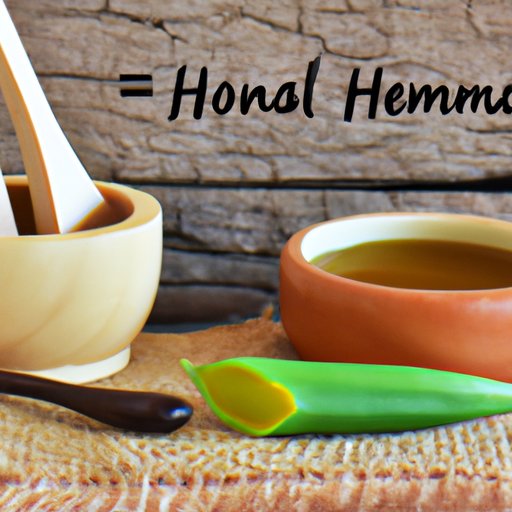7 Top Ways to Get Rid of External Hemorrhoids
If you’re dealing with external hemorrhoids, you know just how uncomfortable and frustrating they can be. External hemorrhoids are swollen veins that form around the anus, causing itching, pain, and irritation. Fortunately, there are lots of ways to get rid of external hemorrhoids and reduce your symptoms. In this article, we’ll share 7 top ways to alleviate the discomfort and heal your external hemorrhoids.
1. Over-the-Counter Creams
One of the simplest and most effective ways to get relief from external hemorrhoids is with over-the-counter creams. These creams contain ingredients like hydrocortisone and witch hazel that can help reduce inflammation, itching, and burning. Some popular creams include Preparation H, Anusol, and Tucks.
When using an over-the-counter cream, make sure to follow the instructions carefully. You should apply the cream to the affected area several times a day, as directed. You should also avoid using any products that contain perfumes or other irritants that could make your symptoms worse.
2. Sitz Baths
A sitz bath is a warm, shallow bath that’s used to treat a variety of conditions, including hemorrhoids. Sitz baths can help reduce inflammation and increase blood flow to the affected area, which can promote healing.
To take a sitz bath, simply fill a basin or bathtub with warm water and sit in it for 15-20 minutes. You can also add Epsom salts or other soothing ingredients to the water to help relieve your symptoms. After your bath, gently pat the affected area dry with a soft towel.
3. Natural Remedies
If you’re looking for a more natural way to treat your external hemorrhoids, there are several remedies that may be helpful. Witch hazel is a natural astringent that can help reduce inflammation and soothe your skin. Aloe vera gel and tea tree oil can also be helpful in reducing swelling and discomfort.
To use witch hazel, simply soak a cotton ball in the solution and apply it to the affected area. You can also use aloe vera gel or tea tree oil in a similar way. Make sure to dilute tea tree oil with a carrier oil, like coconut oil, before applying it to your skin.
4. Dietary Changes
In addition to using topical treatments, you can also make dietary changes to help treat and prevent external hemorrhoids. Eating a diet high in fiber can help promote healthy bowel movements and reduce your risk of constipation. This can help prevent the development of hemorrhoids and reduce your symptoms if you already have them.
Some fiber-rich foods include whole grains, fruits, vegetables, and legumes. You should also aim to drink plenty of water to stay hydrated.
5. Hydration
Staying hydrated is an important part of preventing and treating external hemorrhoids. When you’re dehydrated, your stools can become hard and difficult to pass, which can lead to constipation and hemorrhoids. Aim to drink at least 8 glasses of water a day to keep your body hydrated.
6. Exercise
Regular exercise can also be helpful in preventing and treating external hemorrhoids. Exercise helps to stimulate bowel movements and reduce your risk of constipation. It can also improve your overall health and wellbeing.
Aim to get at least 30 minutes of moderate exercise most days of the week. Some examples of moderate exercise include brisk walking, swimming, and cycling.
7. Medical Treatments
If your external hemorrhoids are severe or don’t respond to home treatments, you may need to explore medical treatments with your doctor. Some options may include:
- Sclerotherapy: a procedure that involves injecting a solution into the hemorrhoid to shrink it.
- Rubber band ligation: a procedure that involves placing a rubber band around the hemorrhoid to cut off its blood supply.
- Hemorrhoidectomy: a surgical procedure to remove the hemorrhoid.
Conclusion
Dealing with external hemorrhoids can be a frustrating and uncomfortable experience. Fortunately, there are many treatment options available to help you alleviate your symptoms and promote healing. Whether you choose over-the-counter creams, natural remedies, or medical treatments, it’s important to consult with your doctor before starting any new treatment. Make sure to also maintain healthy habits like staying hydrated, exercising regularly, and eating a fiber-rich diet to prevent the development of hemorrhoids in the future.
